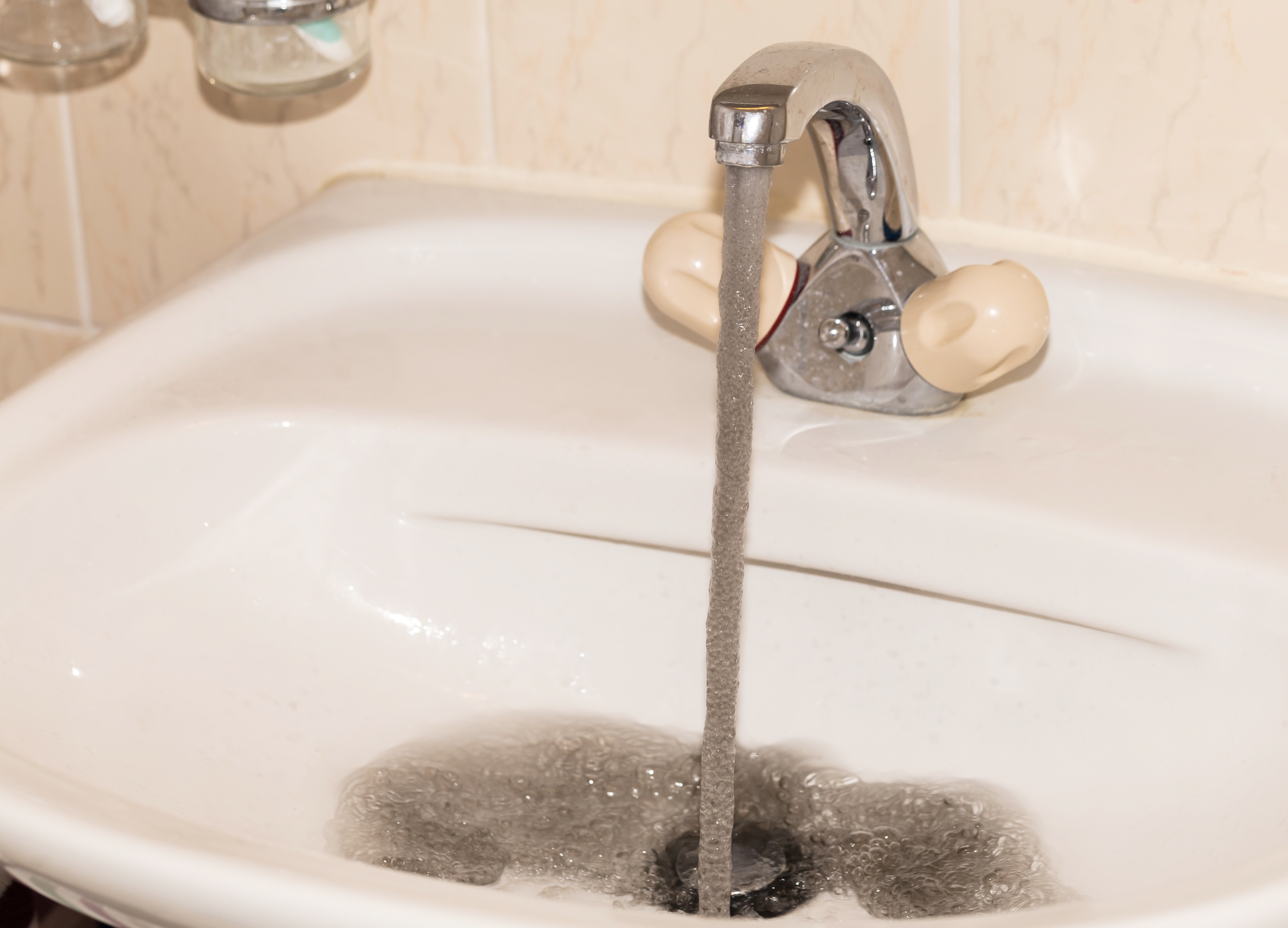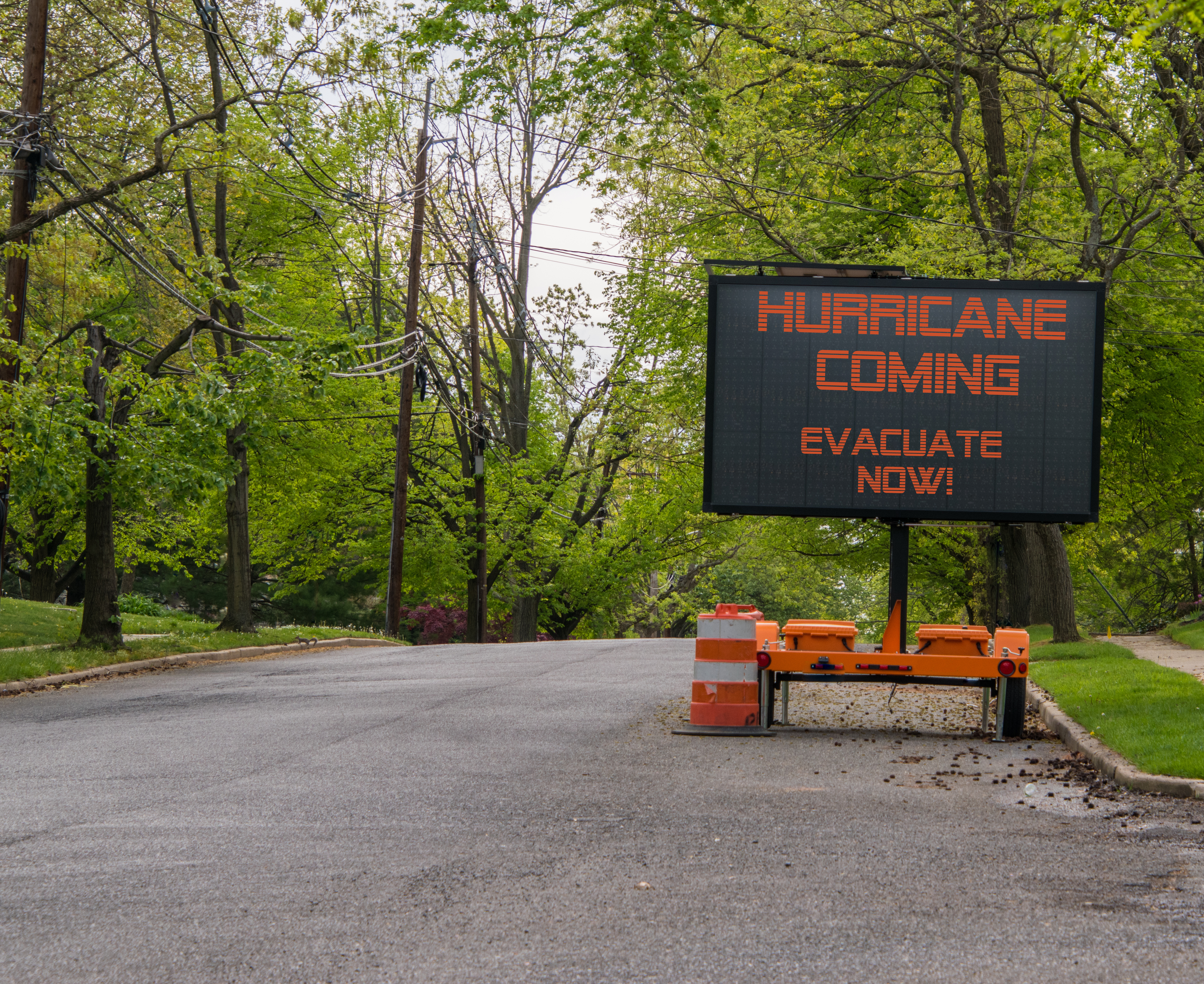During and After a Natural Disaster Find more on: http://totalsurvival.net/
When we think of preparing we think about preparing before something happens and for during. Often times the aftermath of a survival situation is overlooked. Here we have some first-hand accounts for what a survival situation was like both during and after a natural disaster. These are true first-hand accounts provided by our lovely members of the Family Protection Association Facebook Group. These individuals agreed to share their stories in hopes of helping others in their long-term preparations.
Robert Gunter, Tornado:
“Jan 2nd, 2017, Albany Georgia had several massive tornadoes tear through our area uprooting trees and power lines. It was a rough and fear-filled night. After the tornados, we were without power for over a week and the worst part was, it was dead winter. Around 20° at night and we had no heat.
Thankfully we had some non-perishables and a grill to cook on…we huddled up in blankets at night and toughed out the cold. During the day we cleaned up what debris we could so the city could start cleaning up the massive trees.
We have a fireplace in our home but we could not use it because it was closed up years ago. All in all, we survived a week with no power in the freezing cold with little food and I’m here to tell you we survived. It was hard but I had been studying survival for some time and I think that helped out a lot with me, my wife and son surviving the way we did.”
The Facts:
There are 1,300 Tornadoes every year in the US with 60 people every year being killed during them, usually by flying or falling debris. Robert’s survival knowledge ensured that he focused on the important details for ensuring safety for himself and his family for both during and after. The most unexpected occurrence for after the disaster was the length of time the power was down, a factor whose length of time is almost always uncertain.
Jared Barnett, Contaminated Water:
“You may or may not have heard on the news that this summer blue-green algae bloom at Detroit Lake comprised the drinking water of Salem OR (where I live), as well as several smaller communities that draw their tap water from the same source for more than a month. This was not an issue in my home as we store water as part of our preps.
While the neighboring satellite community of Keizer helped with the situation through businesses and public buildings opening their faucets as water filling stations (since they draw their water from a well or wells), and the local government was actually quick to deploy national guard tankers as temporary water filling stations within Salem itself (though the lines were long, and you were limited in the amount you could get each day),.
I did notice that people were quickly buying up the bottled water in stores and that certain items in the stores (such as fresh bakery and deli goods) were unavailable. I also heard on the news of some places price gouging, charging as much as $35 for a case of bottled water that would normally sell for somewhere around $5. Some people did get sick, with food poisoning like symptoms, including my boss from drinking the water (as the safety warning was said to only be for young children, elderly, pregnant/nursing women, and pets), but I don't recall hearing about any fatalities.”
The Facts:
Not all natural disasters come from above and in those cases, it is even more of a surprise when it happens. Most people would expect an Earthquake before natural water contamination but water contamination is almost a higher possibility in some areas than an Earthquake.
We have seen multiple instances of companies and stores bumping up water costs after situations like Jared’s in some cases increasing the price astronomically after the fact. Proper water storage is paramount for during and after any natural disaster.

Bugsy, Hurricane Florence:
“Here on the coast of NC, the evacuation notices start with the outer banks and coastal towns and cities so that ferries and bridges can be shut down without endangering people who wish to evacuate. Many of us don't have the money to just pack up and leave for who knows how long but, even if we could, by the time the mandatory evac was announced for Onslow county it was too late. The gas stations were out of gas and everyone was out of propane tanks. So whether leaving or staying, you would have to do it on the fly and with whatever you already had on hand because the stores were also all out of water, real food, candles, batteries, lamp fuel etc.
Every hotel and motel within a tank of gas radius was either booked or closed if it didn't rate as suitable to withstand the storm. So we prepared to shelter in place. The streets were like a ghost town and before the storms first rains started falling there had already been looting of drug stores, a footlocker and some other businesses around town.
(A curfew was declared the next day and lasted 4 days after the storm had passed.)
I luckily have plenty of provisions and camping/survival gear so with bathtubs filled, water jugs topped off and 2 propane tanks from my grill and gas fireplace on the deck, we were ready. Power was lost around 2100 the first night but the storm was still pretty tame and the house still cool enough for the a/c to get our last good night sleep for the duration of the hurricane. No generator. Just hurricane lamps, candles, and a few LED flashlights.
The next day the storm picked up and started to rip trees out of the ground and shutters/shingles/siding off the houses. I have a covered front porch which allowed us to leave 2 windows and the front door open to get some breeze in the house(it was still humid and muggy even though we hadn't seen the sun in 2 days.) That's when I had a visitor come to my open front door and ask for a lighter. I gave him one and sent him on his way but as I said in my post on FPA, I'm still not sure a light was the original intent.
While most people might think that going days without power would be miserable, it wasn't that bad at my house. We ate like kings! Salmon for dinner and steaks for breakfast. Not because we are rich or cause it was easy sailing but because we ate everything out of the freezer as it melted to ensure it didn't go to waste and to save the “survival pantry” in case we were stranded for weeks before the flooding went down and power could be restored.
It was a long 2-3 days of actual hurricane/ tropical storm force weather. We stood on our porch and watched the coast guard helicopters rescue people a block away from us. Once the storm calmed we did a drive around the town to check on things and the linemen were already staged and ready to get to work once they got the all clear. We saw plates from Indiana, Ohio, Arkansas, Tennessee. They drove into the storm to study at a Marriott here in town with fleets of vehicles overflowing the longhorns steakhouse parking lot. All the first responders did, and are still doing, an amazing job. The red cross, the salvation army, even Billy Graham response team can be found in store parking lots to help everyone through this.
All these people who debate on Facebook as to whether you should stay or go have no idea what it's like when this thing is barreling down on you. Of the 8 different households of family, I have 4 of them lost everything. So basically a coin toss. The one family that evac to PA, hydroplaned off the road and rolled their vehicle down an embankment. Totaled the SUV and put them all in the hospital.
So there is no RIGHT answer. 2 of my neighbors are elderly and on oxygen. They couldn't afford to evac on what they get from SS so they HAD to wait for the mandatory evac notice so that way the county would evac them under public safety guidelines. (They do the same for hospitals and prisons once the mandatory becomes official. We still have inmates spread out to other prisons til these can be repaired and dried out. I luckily got power back on the 6th day but there are still places that will be without for 6 weeks or more. “
The Facts:
Hurricanes are a no-joke prepare for the worst, hope for the best type of situation. Not only do you have to prep for the actual hurricane, but you also have storm surges, mass panic, and so much more to prep for as well. Bugsy does make a valid point when saying that there is no right answer though.

Aftermath Preparedness:
Preparedness plans are deeply personal and only you know what the right move is. When talking about your plans with your loved ones and obtaining stock for those survival situations it is imperative that you look beyond the before and try to anticipate what could happen during and after as well. Not only what could happen within and around your home but also what potential issues could arise within the community around you. All the while ensuring that these preparations meet to the needs of you and your family.
For more information on surviving Natural Disasters be sure to check out our Hurrican Survival Tips and our Tornado Survival Tips!
If you would like more information on our wonderful Facebook Group community be sure to click here and send a request to join!
This Article Was First Found at survivallife.com Read The Original Article HereSee Full Article Here: During and After a Natural Disaster
No comments:
Post a Comment